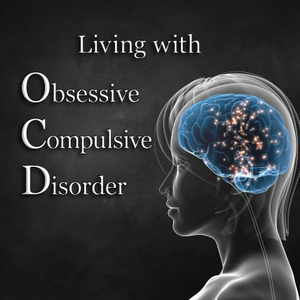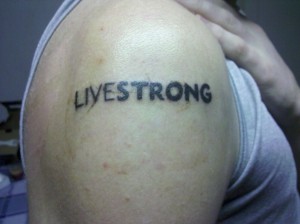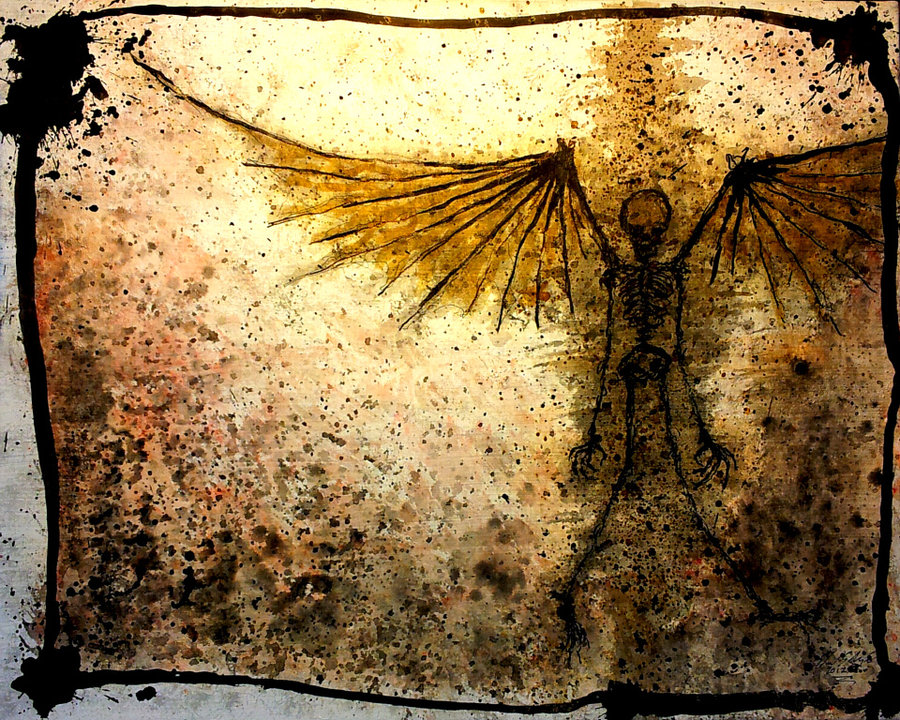Recovering addicts have a saying: “My disease is doing push-ups in the parking lot.” The meaning is that you can be years into sobriety, but you’re never cured. The disease is ready to beat you down as soon as your guard slips.
I’ve learned that Crohn’s Disease does the same thing.
Mood music:
[spotify:track:6nDqFWB9MtQ9rTjmm3gDAD]
As violent and damaging as my childhood Crohn’s Disease was, I haven’t had a full-blown attack since 1986. It would be easy to grow complacent and consider myself cured, but the disease sends me the occasional sign that it’s still there.
From the Resources section: Websites for dealing with Crohn’s Disease
What would otherwise be a minor stomach bug turns into full-blown inflammation. Not an attack with the blood, aching joints and an abdomen that feels like it’s on fire, but one that leaves me feeling bloated and off-balance, dogged by a dull soreness in the middle and sudden urges to make a bathroom run. I’m not sure urges is the best word, either. It’s a rushing discomfort that comes on suddenly.
I started feeling it yesterday, and it helped ensure a lousy night’s sleep.
I’ve been asked if I fear another full-blown attack like those that left me hospitalized and jacked up on Prednisone as a kid. I’m not.
I know I’m not cured, so I expect that one of these days, another attack will materialize. I’d rather it didn’t, of course. But I’ve developed a stoic attitude about it. If it comes, I’ll deal with it. I’ll accept the treatment and do what I must to shut it down, even if it means taking Prednisone — a drug I still blame for unleashing the chemical imbalance in my brain that has led to OCD, bouts of depression and a history of binge eating. I figure the drug can’t do much more to me on that score, though it would certainly give me a temporary bad attitude.
In a way, the little bouts of inflammation like the one I have now are a gift. They keep me aware of the disease that lives inside of me and what it can really do to me.
And they remind me to take care.











